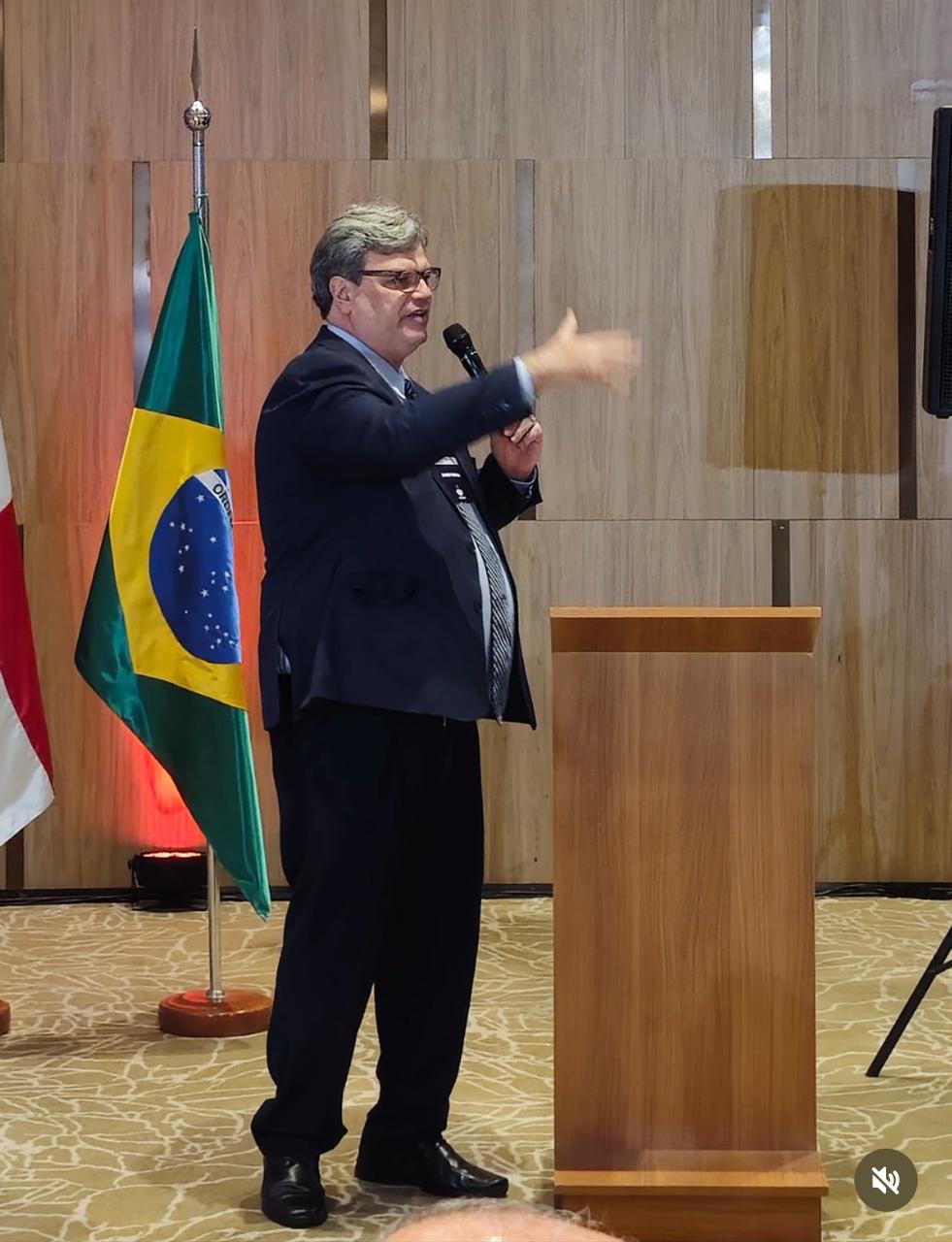With its distinctly maritime vocation, Rio de Janeiro takes on a central role in the new technical study of the Southeast Marine Spatial Planning (PEM-Sudeste), an initiative that covers nearly half of all the maritime areas Brazil has committed to organizing by 2030 under the scope of the Blue Amazon. The launch ceremony, held by the Getulio Vargas Foundation (FGV) in the state, marks the starting point of a study that mobilizes more than 60 researchers and involves public and private sectors, civil society, and traditional communities. Rio stands out as a major hub of interconnection for Brazil’s offshore exploration, the driving force of the country’s oil industry, while also being a historic maritime tourism destination. This dual identity makes the city a strategic location for PEM-Sudeste: ensuring the sustainable use of this maritime space means articulating tradition, economic development, maritime governance, and environmental preservation. According to the report of the Sudeste Azul consortium, led by FGV in partnership with EnvironPact, PEM-Sudeste seeks to organize the sea in a balanced way, considering the diversity of uses and the interdependence among stakeholders.
“Conducting the technical study of a region that represents more than 85% of the entire ocean economy, rich in diversity and with a historical and cultural connection to the sea since the nation’s founding, is not a simple task. It is an immense challenge that we are beginning to face with a team of more than 60 researchers. But even more important than this team is the dialogue we will build with all public and private sectors, with civil society, and with traditional peoples, to jointly construct a maritime framework that is fair and equitable for everyone,” stated Professor Dr. André Beirão during the event held in Rio.
The event at FGV, on October 23, marked the technical and institutional alignment among state and municipal governments and the strategic sectors invited to join the process. It is estimated that the Southeast region, encompassing the states of Rio de Janeiro, São Paulo, and Espírito Santo, concentrates a significant portion of Brazil’s blue economy, both in offshore oil and gas production, navigation, coastal tourism, and related services.
This initiative, full of strategic meaning, reaffirms that the Brazilian sea is not merely a resource to exploit, but a space to organize, protect, preserve, and innovate. The intersection between national sovereignty, climate resilience, marine biodiversity, and sustainable socio-economic development lies at the heart of the PEM.By hosting this milestone event, FGV reinforces its role as an agent of transformation and a producer of public policies capable of shaping the nation’s future. For the State of Rio de Janeiro, the study represents an opportunity to consolidate its historic role linked to the sea and to project a future where maritime tourism, the offshore industry, fishing, and coastal communities thrive in an integrated and sustainable way.
The goal is not merely to manage the use of the sea, but to ensure that progress is compatible with social justice, equity, environmental protection, and a fair ecological transition, values that reaffirm the strength of the blue economy as a driver of human development.



